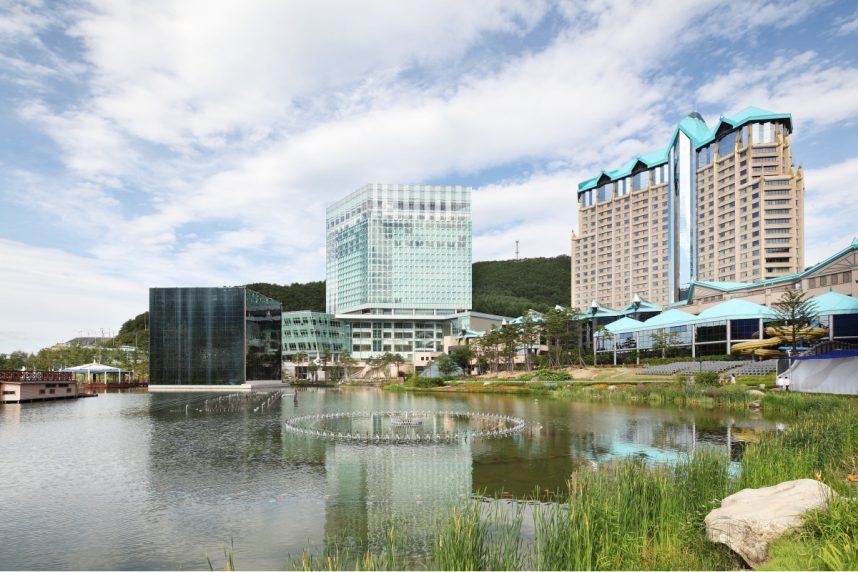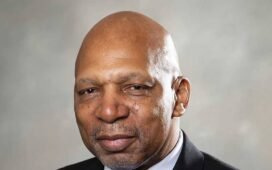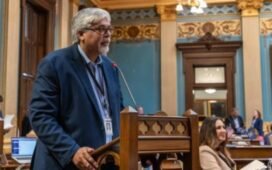Posted on: October 10, 2024, 01:08h.
Last updated on: October 10, 2024, 01:10h.
Kangwon Land, a remote casino resort owned by the South Korean government, wants to diversify its appeal to non-gamblers.

Kangwon Land is the only place in South Korea where Koreans are allowed to gamble. The country’s other casinos are reserved for foreigners.
In April, the South Korean government announced a 250 trillion Korean won (US$1.84 billion) investment to expand the Kangwon Land casino floor and update the resort’s amenities.
The project includes constructing a new high-roller luxury casino, additional hotel rooms, and renovating the resort’s current facilities. With the VIP gaming space, the Kangwon Land casino floor is expanding by roughly 30%.
Kangwon Land is a joint partnership between the South Korean government’s Ministry of Trade, Industry, and Energy and the Kangwon Province’s Development Corporation. The casino currently houses about 1,000 slot machines and 130 live dealer table games.
Las Vegas Playbook
During an interview this week with The Korea Times, Kangwon Land Interim CEO Choi Cheol-kyoo explained the investment is also focused on driving non-gamblers to the resort.
Kangwon Land is located in a remote area of the Kangwon Province on grounds that used to be a coal mine. The resort is about 100 air miles east of Seoul and less than 100 miles south of the North Korean border.
Choi said Kangwon will remain mostly a destination for South Korean gamblers, as they cannot legally gamble elsewhere. But it’s his mission to make the resort more desirable for non-gamblers.
Just as Las Vegas transformed from a desert mining town into a global entertainment hub, Kangwon Land has the potential to transform from a former coal mining region,” said Choi. “Distance is no longer a barrier in today’s world, and we aim to create a world-class destination here.”
Accessing Kangwon Land from Seoul is a little over an hour’s journey via bus, train, or automobile. Choi believes the ability to escape from Seoul to a seemingly different part of the world in such a short amount of time should resonate more with Koreans.
He plans to make the destination more appealing with new dining options, an expansion to the existing retail shopping mall, and opening a larger performance venue to accommodate larger, more famous K-pop acts.
“People are willing to travel long distances to visit Las Vegas in the middle of the desert and enjoy the shows and performances. We aim to develop a similar complex in our vicinity,” Choi explained.
The goal is to create a resort known for its entertainment and culinary experiences as it is for its casino. Choi wants non-gaming revenues to account for 30% of Kangwon Land’s revenues by 2023.
Japan on Mind
Choi conceded that his enthusiasm to improve Kangwon Land’s offerings is partly to keep Koreans who want to gamble and take in A-list entertainment inside the country. An integrated casino resort from MGM Resorts is set to open in Japan’s Osaka by 2030 and significant investments in casino resorts in Macau and the Philippines are ongoing.
With countries like Macau, the Philippines, and Japan investing heavily in their casino industries, we feel the pressure to modernize and compete on a global scale,” Choi said.
Kangwon Land is also going after Asian high rollers who frequented Macau before the Chinese enclave forced out junket groups. Junkets have since relocated their businesses with an emphasis on transporting those Chinese high rollers to five-star resorts in the Philippines, Vietnam, and South Korea’s commercial properties.
Kangwon Land recently announced that maximum bets would be increased from 300K Korean won for foreigners to 300 million won.















